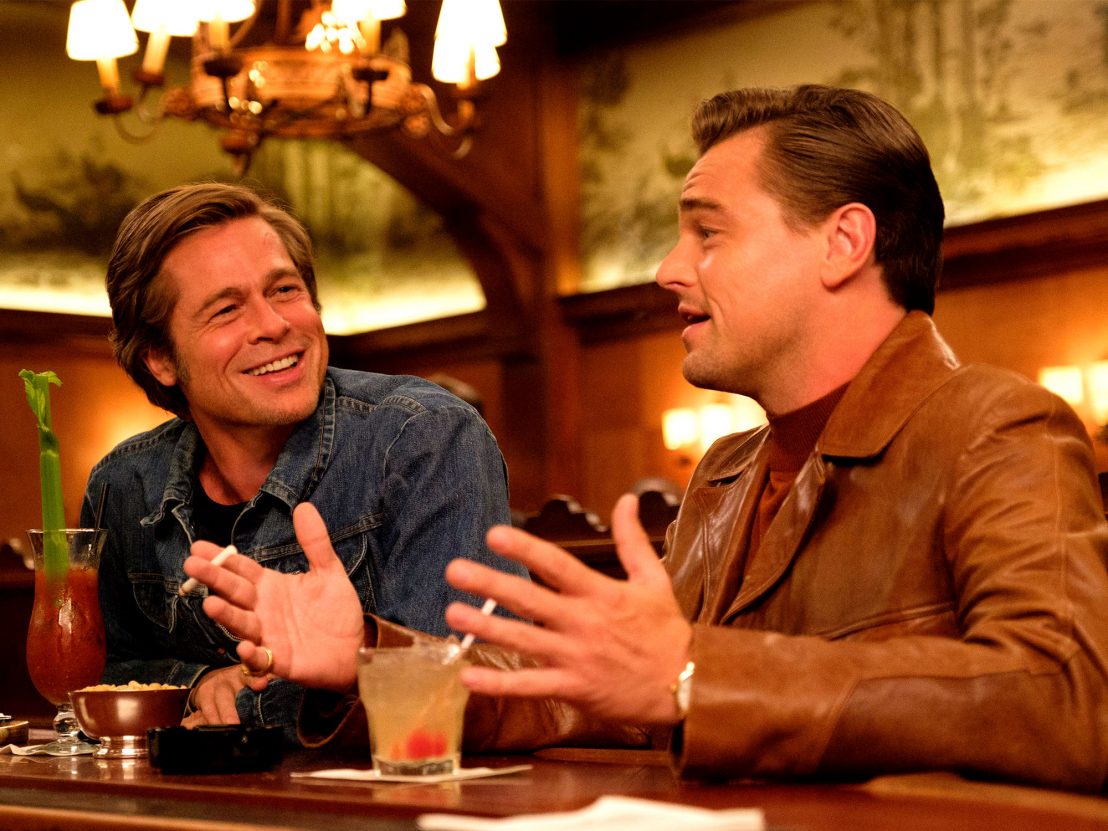
Quentin Tarantino knocks it out of the park with this personal love letter to LA, in all its dirty sexy glory.
When Quentin Tarantino announced his intention to make a film about the Manson Family’s exploits in the summer of ’69, the film world took a collective sharp intake of breath. Fair enough: it’s not as if QT is known for his nuanced and sensitive approach to delicate subject matter. Following the casting of Margot Robbie as Sharon Tate, Once Upon a Time in Hollywood always had the potential to go up in flames. So it does, in a sense – but as the towering face of Shoshanna in Inglourious Basterds proved, burning celluloid isn’t always a bad thing, and Tarantino’s 9th feature is his most pared back, thoughtful and perhaps personal work to date.
Reuniting with a whole host of regulars, Quentin comes in from the cold of The Hateful Eight, returning to the sun-bleached streets of Los Angeles. Ageing TV actor Rick Dalton (Leonardo DiCaprio) laments the fact his star is on the wane to his loyal best friend/lackey/stunt double Cliff Booth (Brad Pitt). Despite a potentially lucrative offer to move to Italy and star in spaghetti westerns, Dalton is attached to his Hollywood dream. Suffering a crisis of confidence, he’s forced to weigh up his options, while Cliff encounters a young hippie named Pussycat (Margaret Qualley), who introduces him to her large group of friends living out of town on the Spahn Ranch. She’s particularly keen for him to meet “Charlie”.
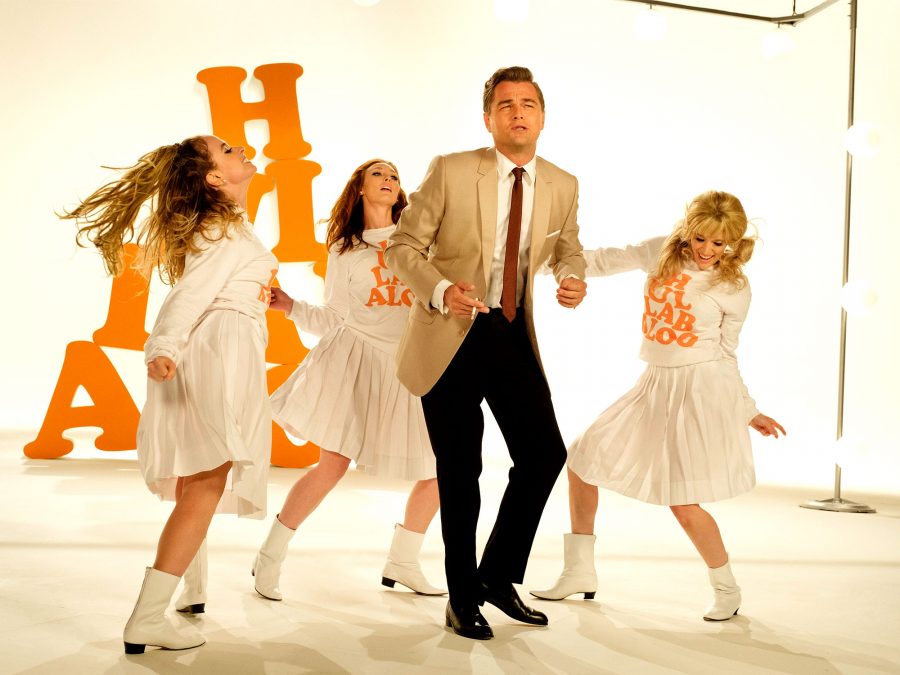
Ahead of the film’s premiere at Cannes, Tarantino published an open letter to those who would be watching his film at the festival, asking them to refrain from revealing any details of the plot ahead of the film’s release in the summer. What a strange request to make of this film – it plays out much in the same way that all Tarantino films do, and as such, if you’ve seen any of his previous work you’ll probably see what’s coming a mile off. This is not a negative, mind: the joy of Once Upon a Time in Hollywood comes from something else. There’s no punchline to this QT joint: it’s entirely sincere.
Other hallmarks remain (a groovy jukebox soundtrack, flashbacks, gratuitous shots of women’s feet) but the story is more intimate – a love letter to a bygone era. Dealing with the fear of remaining relevant in an ever-changing world, you begin to wonder how much of the film is Tarantino working through his own anxieties in a post-Weinstein world; there’s a fear of getting older, a fear of being replaced by someone younger, someone cooler. (It’s worth remembering that Tarantino has always said he’ll retire after making his 10th film.)
The potential for poor taste is so strong here – especially given Roman Polanski’s proximity to the plot – but Tarantino largely ignores him aside from a few wide shots. Margot Robbie presents Tate as a free-spirited young actress at the beginning of her career, wide-eyed and excited about what the future might hold for her. And although the film deals with the events of 9 August, 1969 in its own way, Charles Manson is by no means its focus.
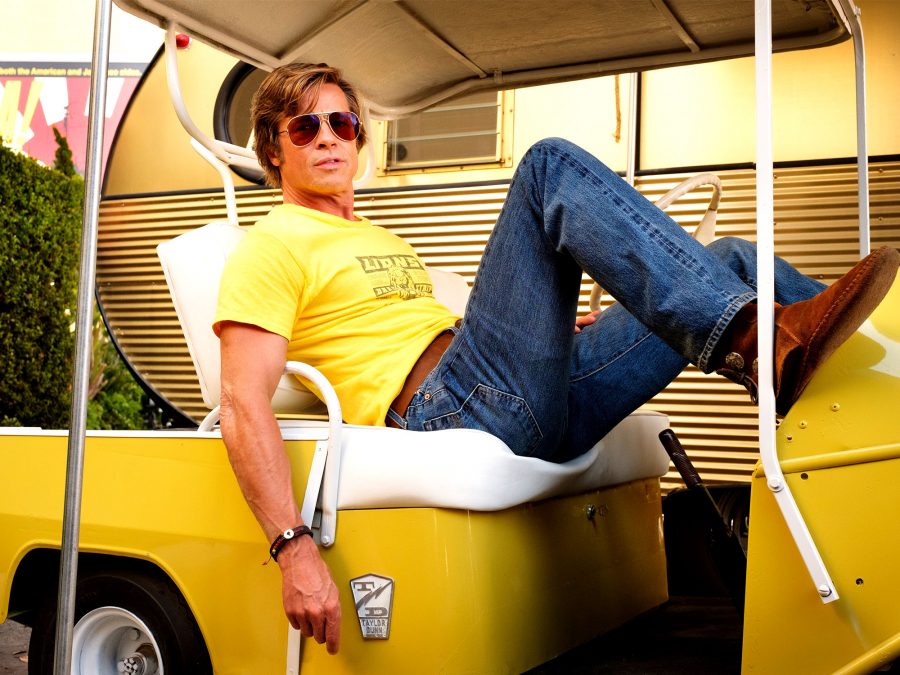
Instead, it’s a surprisingly sweet story, reliant on the easy chemistry between DiCaprio and Pitt. Both have been away from the big screen for a little while, and more than anything, it’s just a delight to see them doing what they do best. Small details make them feel like so much more than caricatures: in-character, Rick Dalton is a clear-spoken professional; off-the-clock, he’s an alcoholic with a stutter. Cliff is more strong and silent, still living in a trailer with his dog, an American Pit Bull called Brandy.
A good amount of time is dedicated to showing us the minutiae of these lives, and demonstrating the gulf that separates star from stunt man. And, of course, it’s a love letter to LA, in all its dirty sexy glory. Tarantino is happy to linger on the way the neon lights blink on as day turns into night, absorbing the details, like he’s learning how to slow down a little. There’s a sense of worlds colliding, but they seem to lap against each other like waves off the rocks rather that crash together like cars going too fast down a one way street. Even the ending, which borders on self-parody, eventually has some sweetness to it.
It’s his most character-driven film to date and, for better or worse, easily his most mature. Your mileage may vary depending on how much a Tarantino character study in rust-coloured old Hollywood appeals to you, but as a film about making films, and the agony and ecstasy of everything we love about movies, Tarantino knocks it out of the park.
Published 22 May 2019
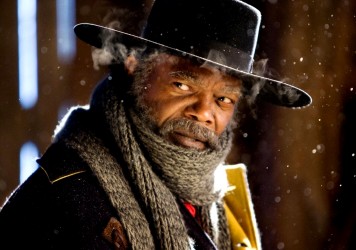
Quentin Tarantino’s bloody, bloated ensemble western is overshadowed by his own inflated ego.
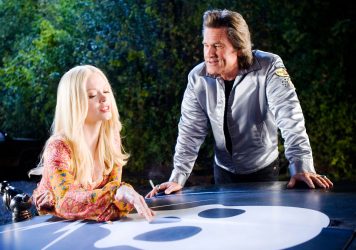
The director’s own professed black sheep is his most beautiful work.
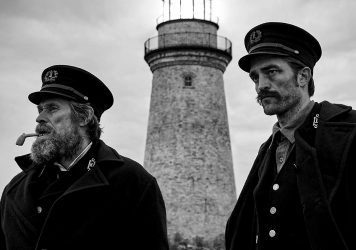
Robert Pattinson and Willem Dafoe are on top form in Robert Eggers’ stark maritime nightmare.